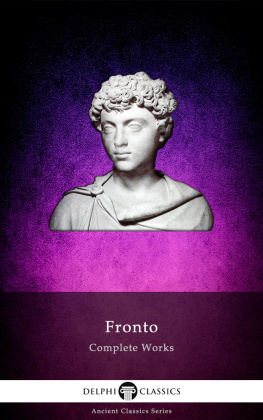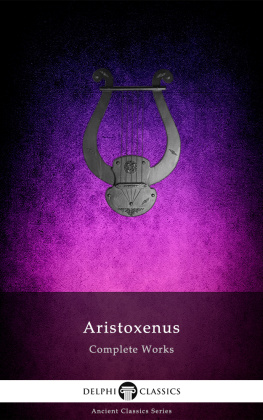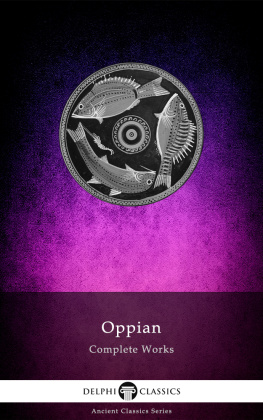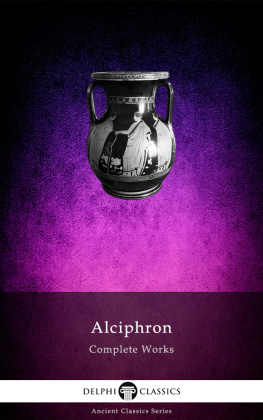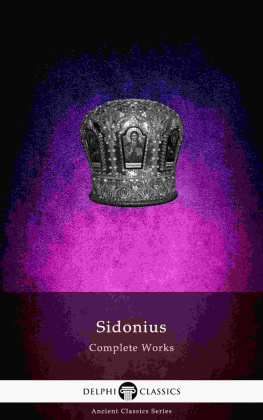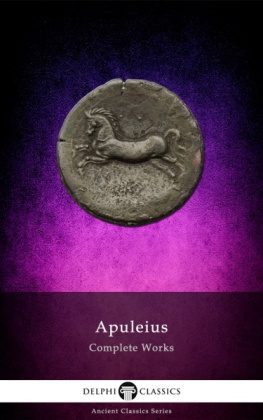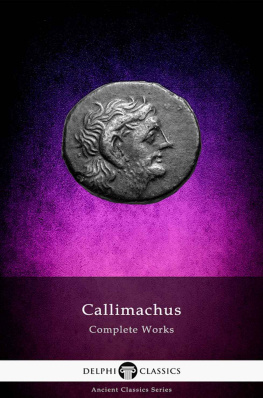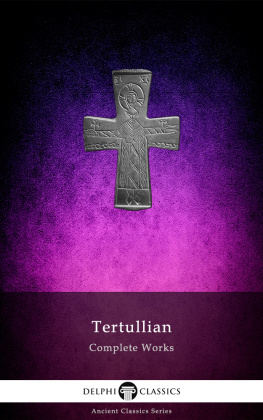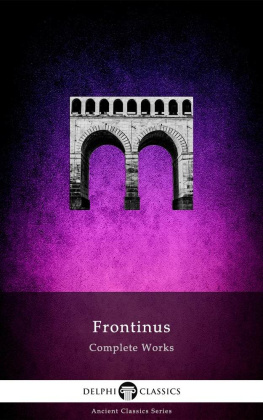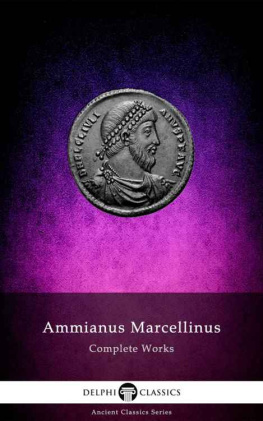
The Complete Works of
FRONTO
(c. AD 100c. 168)

Contents

Delphi Classics 2018
Version 1

Browse Ancient Classics







The Complete Works of
MARCUS CORNELIUS FRONTO

By Delphi Classics, 2018
COPYRIGHT
Complete Works of Fronto
First published in the United Kingdom in 2018 by Delphi Classics.
Delphi Classics, 2018.
All rights reserved. No part of this publication may be reproduced, stored in a retrieval system, or transmitted, in any form or by any means, without the prior permission in writing of the publisher, nor be otherwise circulated in any form other than that in which it is published.
ISBN: 978 1 78656 396 5
Delphi Classics
is an imprint of
Delphi Publishing Ltd
Hastings, East Sussex
United Kingdom
Contact: sales@delphiclassics.com

www.delphiclassics.com
The Translations

Cirta, the capital city of the Berber Kingdom of Numidia in northern Africa, modern day Constantine, Algeria Frontos birthplace

General view of Constantine, 1899
CORRESPONDENCE

Translated by C. R. Haines
Born as a Roman citizen in the Numidian capital Cirta in c. AD 100, Fronto was formally educated at Rome. He rapidly attained renown as an advocate and orator, reckoned inferior only to Cicero. A much admired rhetorician, Fronto was befriended by the Emperor Antoninus Pius and taught his adopted sons Marcus Aurelius and Lucius Verus. During his life he amassed a large fortune, erecting magnificent buildings and purchasing the famous gardens of Maecenas. In 142 he was consul for two months, but declined the proconsulship of Asia due to ill-health. His latter years were unkind to him, as he lost all his children except one daughter. His talents as an orator and rhetorician were greatly admired by his contemporaries and an important school was named after him, Frontoniani .
Frontos object in his teaching was to inculcate the exact use of the Latin language in place of the artificialities of the previous centurys authors, including Seneca the Younger, while encouraging the use of unlooked-for and unexpected words, to be gleaned by the study of authors before the time of Cicero, such as Ennius, Livius Andronicus and Naevius. Fronto felt that Cicero lacked attention to refinement, though he greatly admired his letters. Little more is known of Frontos life and his death still remains a topic of open debate, with some claiming he was a victim of the Antonine Plague that followed the Parthian War.
Prior to the nineteenth century, the only extant works ascribed to Fronto were two grammatical treatises, De nominum verborumque differentiis and Exempla elocutionum , which are now believed to have been composed by other authors. In 1815 the Italian Cardinal and philologist Angelo Mai discovered in the Ambrosian library at Milan a palimpsest manuscript, on which had been originally written some of Frontos letters to his imperial pupils and their replies. Four years later Mai found several more sheets from the same manuscript in the Vatican. These palimpsests had originally belonged to the famous convent of St. Columbanus at Bobbio and had been written over by the monks with the acts of the First Council of Chalcedon.
The letters from the Ambrosian palimpsest, together with the other fragments, were published at Rome in 1815, while the Vatican texts were added in 1823, as well as the end of the Gratiarum actio pro Carthaginiensibus from another Vatican manuscript. It was not until 1956 that Bernhard Bischoff identified a third manuscript, consisting of a single leaf, that contained fragments of Frontos correspondence with Verus which overlapped the Milan palimpsest; however, the actual manuscript had been first published in 1750 by Dom Tassin, who conjectured that it might have been the work of Fronto.
The majority of the letters consist of Frontos correspondence with Antoninus Pius, Marcus Aurelius and Lucius Verus, in which the character of Frontos pupils appears in a favourable light, especially in the affection they seemed to have retained for their old master. In the surviving text, there are also letters to friends, chiefly letters of recommendation, but including one (Ad amicos 1. 19) in which Fronto complains of Aulus Gellius attempts to procure copies of his writings for publication. The collection also features treatises on eloquence, several historical fragments and literary epistles on subjects such as the praise of smoke and dust, negligence and a dissertation on Arion, the Dionysiac poet credited with inventing the dithyramb.
Frontos correspondence provides an invaluable window into the aristocratic life and literary culture of second century Rome. His letters reveal the authors strong stylistic views and dislike of Stoicism. Charting his family joys and sorrows, they highlight the glory and dangers of serving as a prominent figure in the palace. His correspondence also provides a detailed account of the day to day life in the Senate House, literary salons and the bustling law courts. However, their principal distinction is the historic and personal account of the relationship shared between the greatest teacher of his age and his illustrious student Marcus Aurelius, his chief correspondent.

Emperor of Rome from 138 to 161, this bust of Antoninus Pius dates to c. 150 Glyptothek, Munich
CONTENTS

Next page
